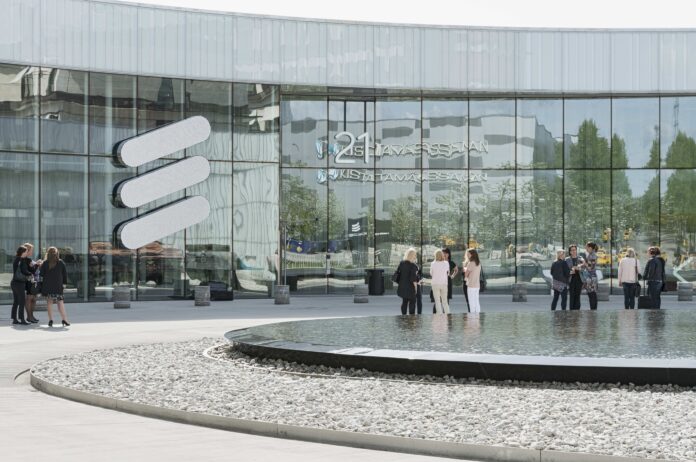Falling sales of infrastructure equipment are expected for the rest of this year and other uncertainties continue
Ericsson has reported that sales fell 7% year-on-year to SEK59.8 billion (€5.24 billion) in Q2, which was better than analysts expected. It also got the bad news about writing down another €1+ billion on Vonage out of the way ahead of time. Shares went up 8%, to levels not seen since 2022.
Ericsson’s CEO, Börje Ekholm, said in a statement, “We remained focused on matters in our control, to optimize our business amid a challenging market environment, with industry investment levels unsustainably low”.
He made much of an increase in sales of 14% in North America and bigger gross margins. Ericsson surprised the industry last December by ousting Nokia from AT&T’s open RAN infrastructure in a deal that could be worth up to $14 billion over five years.
However, Ekholm warned that growth in India – a rare bright spot in the last year or so for Ericsson – was slowing and he expects the second half of 2024 to be challenging.
Another factor is Huawei. As this analysis published earlier in the week by MTN Consulting shows, despite bans on the use of its kit in the in many ‘western’ countries’ networks, its market share has been extraordinarily stable. Ericsson and its Finnish rival Nokia have both failed to make much capital from the situation.
Ericsson won’t have been much cheered either by the German government’s announcement last week that Huawei kit could be used in the RAN for another five and a half years. Even the ban comes into play, on the grounds of security in mid-2029, it will only apply to “critical functions of the 5G network management systems”.
The good news is that many of Germany’s telcos have already replaced or are replacing Huawei in the RAN. The less good news is that Deutsche Telekom plumped for Nokia at the end of last year.
Ekholm acknowledged, “We are seeing sharply increased competition from Chinese vendors in Europe and Latin America”.
He is hopeful that rising traffic will lead to operators investing more in their infrastructure, but they are finding ever more ingenious way to boost network performance and make better use of existing capacity. Vodafone’s two announcements – one with Qualcomm and Xiaomi, the other with Meta – this week are good examples.
Finally, Vonage’s value has now been written down to about a third of what by Ericsson paid. Ekholm’s statement suggested this was a matter of unfortunate timing rather than an outright failure in the long term. He noted, “Vonage remains foundational to build out a global platform for network APIs. This is critical for the digitalization of enterprises and society, and will drive future growth in the telecoms industry. We recorded an impairment charge in Q2, as market growth in the current business has slowed, and we must now refocus on improving performance.”
You can read more about Ericsson’s vision for Vonage here – whether that vision pans out or not remains to be seen, the support of some big operator groups notwithstanding.
So although Ericsson’s shares got a fillip, its foreseeable future remains full of uncertainties beyond its control.



